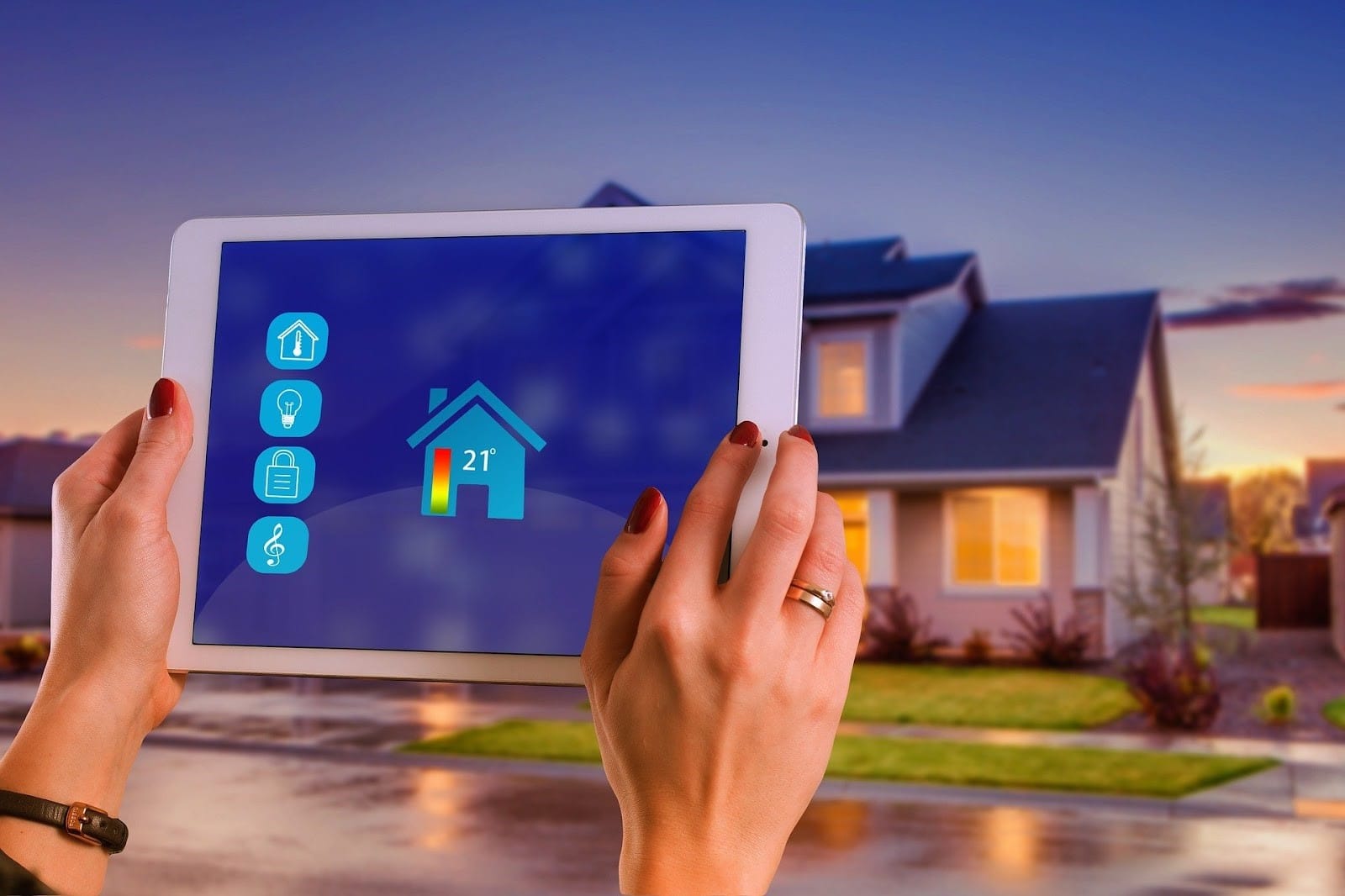As India embraces the wave of technological advancements, the future of smart homes appears promising and transformative. Technology has seamlessly infiltrated our private spaces, and the real estate sector is no exception, as it adapts to the concept of smart homes. Artificial Intelligence (AI) and the Internet of Things (IoT) have revolutionized our living spaces, bringing convenience, efficiency, and security right to our doorsteps.
Owners of smart homes can control appliances, thermostats, lights, and other devices remotely using a smartphone or tablet via an internet connection, whether wireless or hardwired. Although technologically smart homes are a relatively new concept in Indian real estate, this model of living is already well-established in the West. These energy-efficient gadgets not only provide hassle-free and convenient living but also enhance safety and security, protecting us from theft and burglary. From automated lighting to smart speakers, and thermostats to advanced security systems, this trend promises to elevate our living standards and enhance our sense of security. Know actual selling prices & user reviews
Factors Driving the Smart Home Trend in India
Increased Internet Speed: With the advent of 5G in India, more homes can now operate their smart gadgets seamlessly.
Affordable Technology: Smart devices have become more affordable, offering budget-friendly options that are accessible to a larger segment of the Indian population.
Awareness: Indians are increasingly aware of the convenience and affordability of smart technology. Owning these energy-efficient gadgets leads to enhanced security and a more convenient lifestyle.
Government Initiatives: The Government of India, through initiatives like the Smart Cities Mission and Digital India (DI), encourages citizens to adopt smart technologies in urban and semi-urban areas.
Benefits of Smart Homes
Energy Conservation: Smart technology reduces electricity consumption by optimizing lighting, heating, and cooling systems. Thermostats can learn user preferences and adjust temperatures accordingly, while automated lights ensure they are on only when needed.
Enhanced Security Systems: Homeowners can monitor their properties remotely, receive alerts about suspicious activities, and control locks, providing peace of mind and heightened protection.
Convenience: Smart devices and voice commands allow homeowners to turn on the air conditioning before arriving home or set the coffee maker to brew in the morning.
Challenges Ahead
While the future of smart homes in India looks bright, several challenges need to be addressed by builders, developers, and the government:
Data Privacy and Security: Protecting data privacy and security is a significant concern, as breaches pose threats to homeowners.
Reliable Internet Connectivity: Uninterrupted Internet connectivity is essential for the optimal functioning of smart homes.
Cost Barriers: Although the price of smart home devices is decreasing, the initial investment and long-term maintenance costs can be barriers for the average Indian household.
Smart homes represent the future of living in India and hold immense potential. Smart homes will become a reality for many as technology becomes more affordable, offering a blend of convenience, security, and affordability. This is just the beginning, and India is poised to be at the forefront of this technological revolution. Visit Our site for more information
As India embraces the wave of technological advancements, the future of smart homes appears promising and transformative. Technology has seamlessly infiltrated our private spaces, and the real estate sector is no exception, as it adapts to the concept of smart homes.
